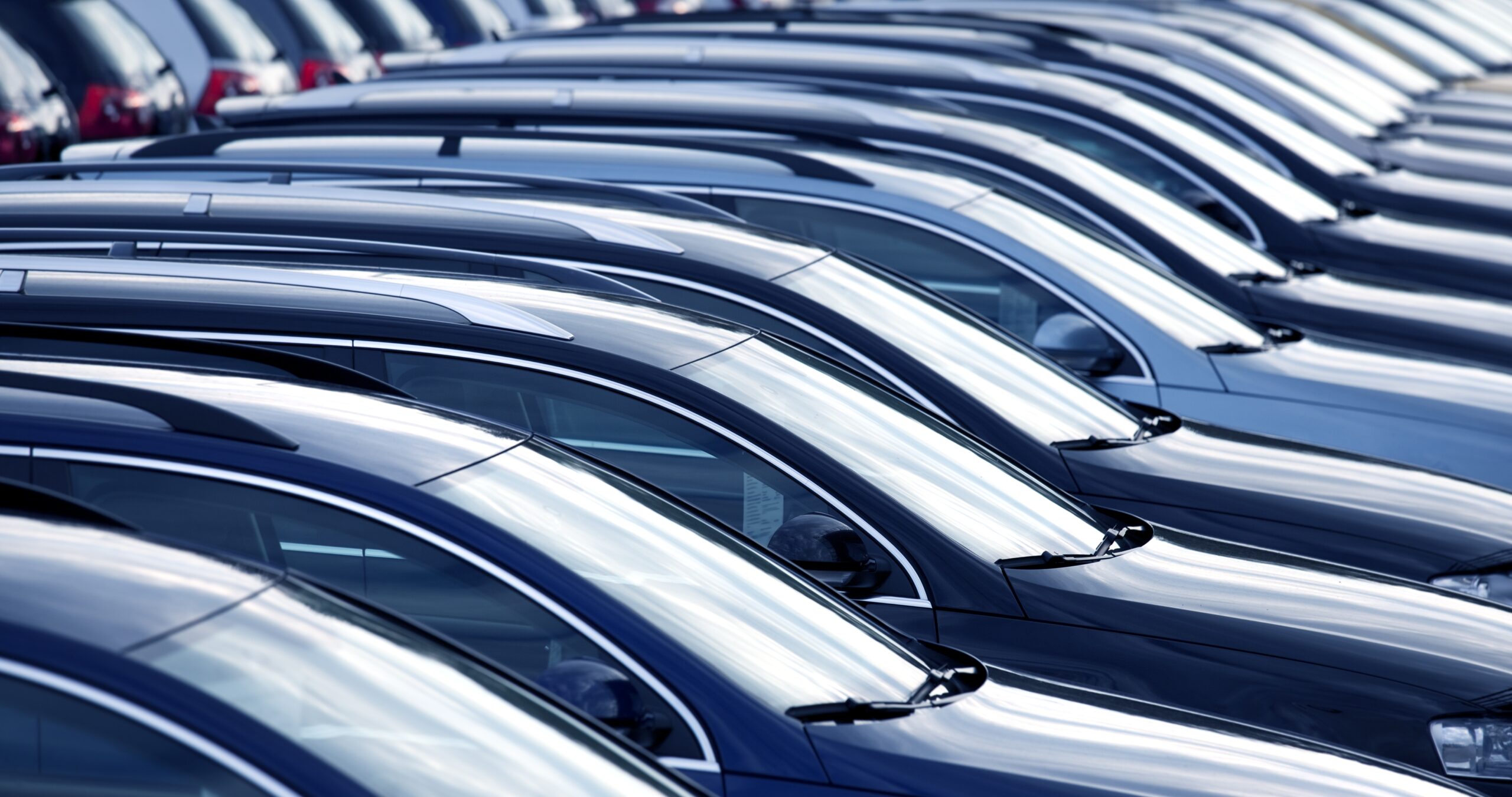With traditional powerhouses retrenching and realigning, and Chinese brands aggressively entering with competitive pricing and tech-savvy models, the next few years promise significant disruption in the South African premium car market.
A decade ago, the South African premium vehicle segment was a picture of German precision and dominance. BMW South Africa sold over 24,000 vehicles a year, Mercedes-Benz was hot on its heels, and Audi comfortably moved around 15,000 units annually. Fast forward 10 years, and those numbers have reportedly shrunk by as much as 70%, forcing a dramatic reshaping of the luxury automotive landscape–opening the floodgates for an influx of Chinese automotive brands.
From a trio of titans to a thinning crowd, the contraction of the premium segment has led to dealership closures and consolidation. In the meantime, Chinese manufacturers are capitalizing on the vacuum. As of March 2025, South Africa is home to 13 Chinese car brands–with at least seven more set to join the fray.
One of the latest moves? A strategic agreement between Saudi-based Jameel Motors and China’s Changan Automobile to distribute SUVs, sedans, pickups and new energy vehicles (NEVs) in South Africa. It begs the question: who’s next?
In response to changing market dynamics, Audi South Africa is reducing its dealership network from 31 to just 20 by 2030. The announcement came during the national launch of its flagship Q7 and Q8 SUVs in Cape Town this March, where Sascha Sauer, Head of Audi SA, acknowledged the shifting ground underfoot.
Loading...
“The premium segment is under pressure,” he said, “and consumer behavior is changing. We have to evolve with it.”
On the sidelines of the launch, FORBES AFRICA caught up with Audi SA’s leadership team, who emphasized that despite the structural changes, the brand’s focus remains firmly on customer experience.
“The optimization of our dealer network will include dedicated service hubs in areas where full dealerships are reduced,” said Ashley Reddy, Head of Aftersales. “We’re committed to ensuring a seamless transition for our customers.”
Asif Hoosen, Head of Retail, Planning and Supply Chain, offered a snapshot of Audi’s current position. “Even though the premium market declined by 9% in 2024, Audi held its ground and claimed an 18% share–moving into the number two spot behind BMW and ahead of Mercedes-Benz.”
It’s a big win in a tough market, and Audi isn’t backing down. “The premium SUV segment still shows strong momentum, and we’re ready to lead in that space,” Hoosen added.
Volvo Car South Africa is taking an even bolder step. The Swedish brand is reducing its dealership network from 19 to just seven–a move driven by strategic realignment and sustainability.
“This restructure ensures long-term viability,” explained Felipe Yagi, Volvo SA’s Head of Marketing & Communications. “We’re consolidating through four key dealer groups (CMH, SMH Bedfordview, Tom Campher Motors and Rola Motors Somerset) operating in seven locations across Gauteng, KZN and the Western Cape.”
While acknowledging the headwinds in the premium market, Yagi sees reason for cautious optimism. “We expect modest growth towards the end of the decade.”
That optimism is echoed by Managing Director Tarcisio Triviño, who is aiming high. Speaking at the recent launch of the all-electric EX90 in Cape Town, he revealed Volvo’s target of a 20% share of South Africa’s premium segment–a figure inspired by the brand’s performance in peer markets like Mexico and Brazil.
At the top of the premium vehicle chain, BMW Group South Africa is choosing a more measured path. While not immune to market pressures, the brand is confident in its ability to hold fort.
“Competition drives innovation and expands customer choice,” said Angela Konert, BMW SA’s Head of Business Communications. “While Chinese brands are growing in the entry and mid-market segments, the premium segment demands trust, a strong dealer footprint, and a legacy of performance.”
BMW, which has led the premium segment in South Africa for two consecutive years, continues to dominate the local battery electric vehicle (BEV) market–with a commanding 85.5% share across BMW and MINI.
Though she didn’t confirm whether dealer closures are on the cards, Konert noted that such moves often stem from operational efficiencies, shifting business models or market conditions.
“Our focus is on sustainability, innovation and digital mobility. Those will be our differentiators as the market evolves.”
What remains to be seen is whether South Africa’s affluent motorists will remain loyal to their legacy badges–or whether the new kids from the East will win them over with value, versatility and a fresh take on mobility. For now, all eyes are on who rolls in next!
Loading...
